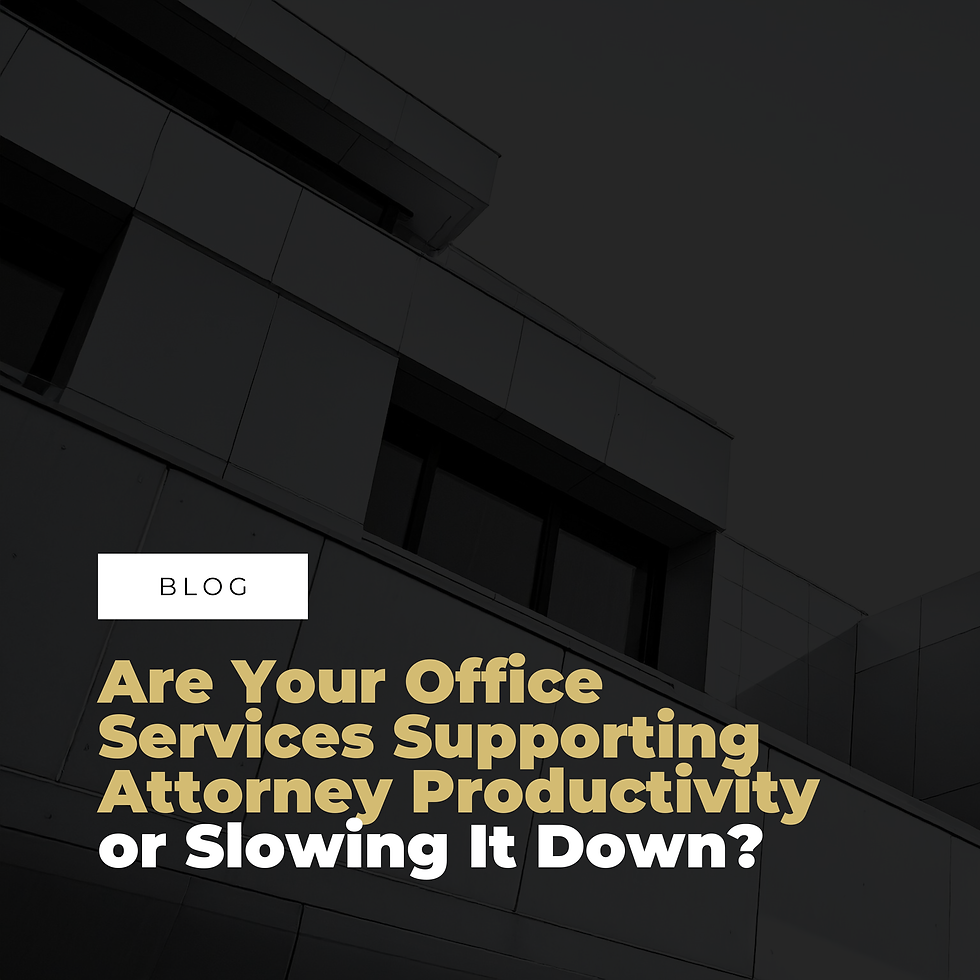AI in the Law Office: Why Information Governance Still Comes First
- Mattern Associates

- Sep 3, 2025
- 1 min read
Artificial intelligence is everywhere in legal news. Firms are piloting contract review platforms, experimenting with AI-assisted research, and investing heavily in automation. But here’s what we keep seeing on the ground: without strong information governance, these tools don’t deliver. In fact, they often make things worse.
In our experience, a weak governance foundation means AI doesn’t streamline work—it just shines a spotlight on inefficiencies that were already there.
AI Doesn’t Fix Messy Data
The potential is real: faster document review, smarter research, leaner workflows. But the results only come if the underlying data is clean, consistent, and properly managed.
We’ve worked with firms that piloted impressive AI tools only to find themselves knee-deep in cleanup. One large firm tested an AI platform for contract analysis. The technology worked, but they wasted hours reconciling different versions of the same document because their records practices weren’t aligned.
If the inputs are a mess, the outputs will be too.
Why Governance Comes First
Retention schedules that keep repositories lean and up to date
Clear policies for how information is classified and stored
Vendor oversight and SLAs that ensure third parties follow the rules
Operational accountability so governance isn’t just a binder on a shelf
The Mattern Perspective
AI should reduce friction. Governance makes that possible.
The firms that succeed with AI are the ones that start with governance. They know their data is clean, their processes are consistent, and their vendors are accountable. That’s when AI delivers real value.
If your firm is weighing an AI investment—or stuck cleaning up after one—we can help. Let’s talk: info@matternassoc.com
.png)


